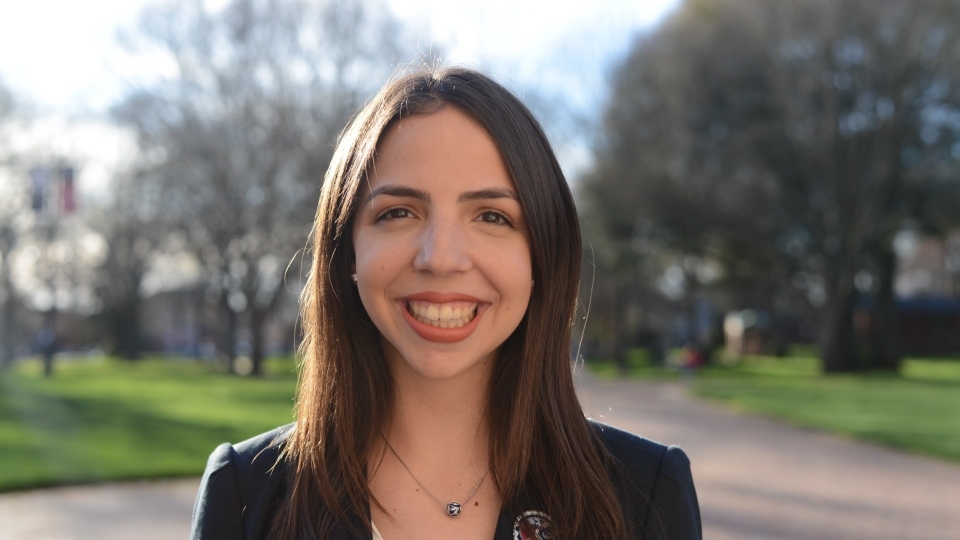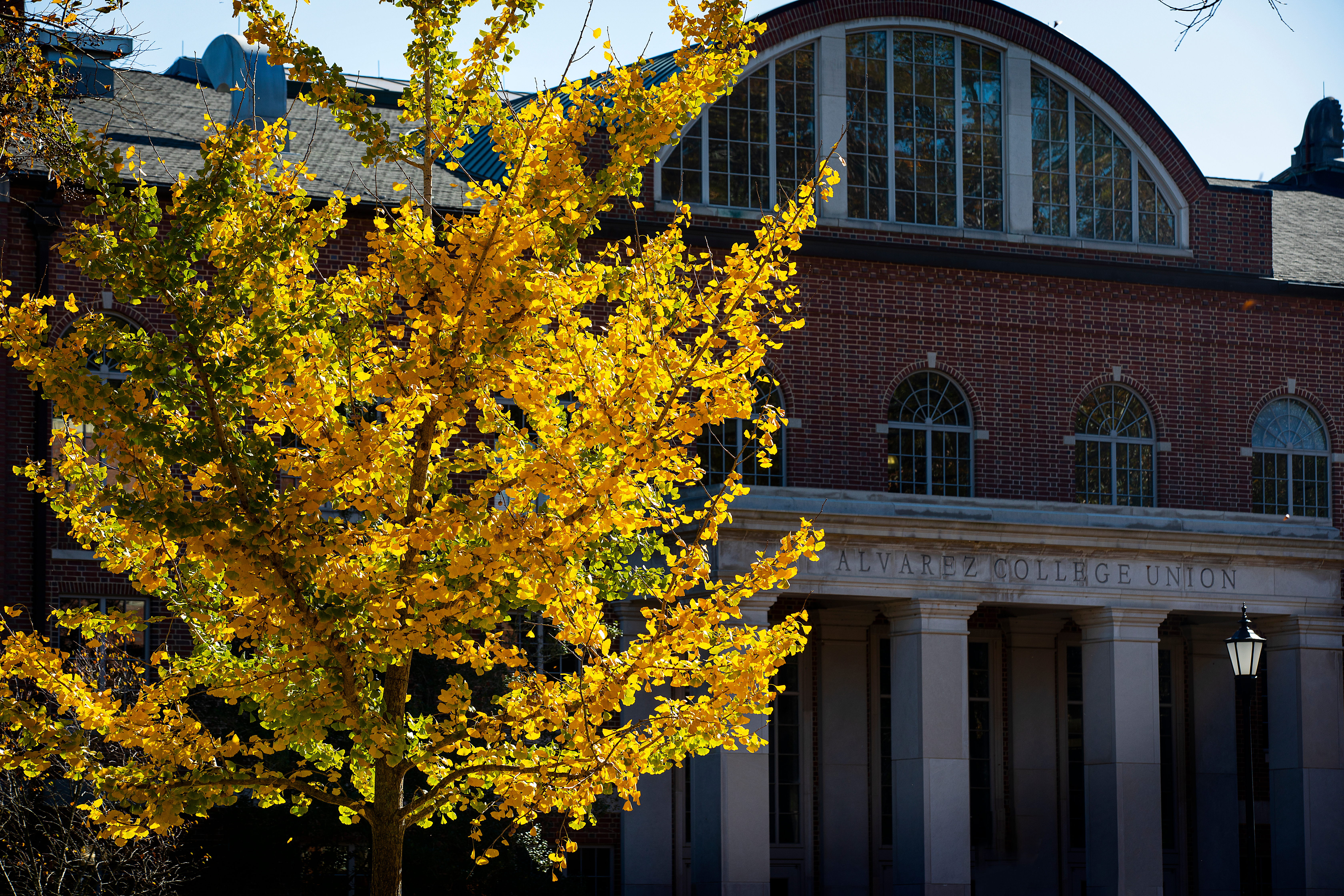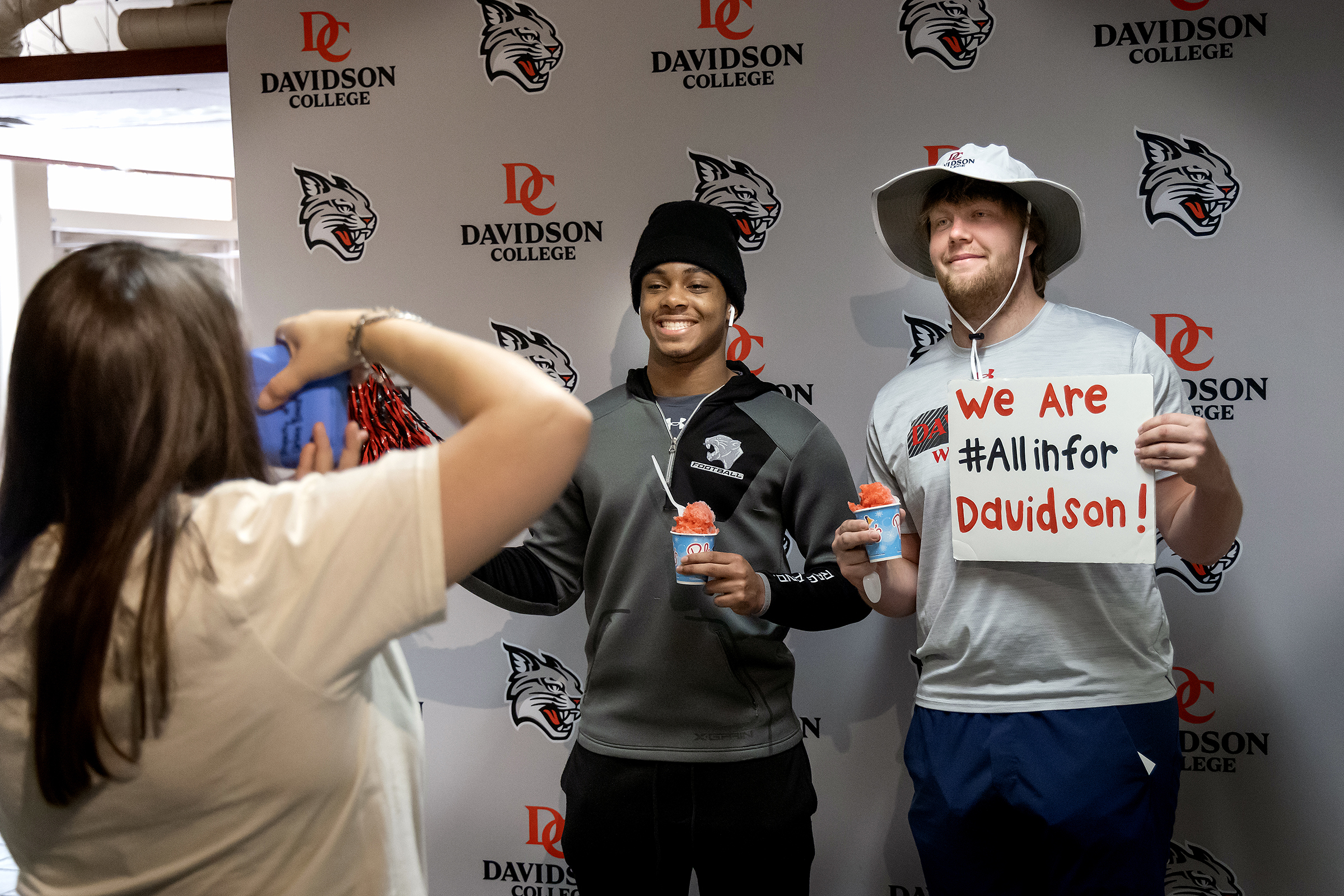Connections Through Healthcare: Olivia Pelaez ’21
February 24, 2022
- Author
- Danielle Strickland

Olivia Pelaez ’21, born in Cuba and raised in Miami, Florida, matched at Davidson College through the QuestBridge program, which works with high school seniors who have shown outstanding academic ability despite financial challenges.
Over her four years on campus, she took full advantage of every opportunity that came her way. The chemistry and French double major traveled to several countries, was involved in mentoring programs and service projects, held internships, participated in Dance Ensemble and co-founded Davidson’s first Latinx sorority.
“I came in knowing I wanted to be pre-med, so I looked for ways to learn more about that area,” she said. “I was able to shadow at a hospital in Ghana, work at mobile free clinics in Ecuador and interpret for nurses in Charlotte, which I did virtually when I could not be in person due to the pandemic. At one point, thanks to my involvement at the Ada Jenkins Center, I thought about pediatrics, but I have since changed direction.”
She also studied abroad in France. That’s a lot to squeeze in, but each experience helped solidify her post-graduation path.
Today, Pelaez, a Davidson Bonner Scholar, works at the Charlotte Community Health Clinic, bringing healthcare, testing and more to low income and underinsured populations in Charlotte, as she prepares to apply to physician assistant programs.
“I am a Medserve fellow through the AmeriCorps program, and I was placed in Charlotte,” she explained. “We also have Davidson Impact Fellows at our location, so there is a strong Davidson presence here.”
Pelaez works most directly with Dr. Hilary Canipe, whose husband, Lee Canipe, is a Davidson grad from the Class of 1992. The Wildcat ties have created a nice bond for the pair amidst the full days and heavy workloads. In addition to responding to high numbers of walk-ins and appointments at the clinic, the team regularly serves refugee families and holds community outreach events around Charlotte. They try to help address needs outside of healthcare, too, including food insecurity, mental health concerns and more.
“Primarily, I work as a medical assistant, taking vitals, administering vaccinations, checking blood sugar, assisting with birth control injections and things like that,” Pelaez said. “I am fluent in Spanish and mostly fluent in French, so I’m able to translate—50 to 60 percent of our patients are Spanish speaking, and the few French-speaking patients we have had were very glad I was there to help.”
When Pelaez first arrived at the clinic, only one out of six providers spoke Spanish, further cementing her plans to go into healthcare.
“I want to help bridge the gap so Spanish-speaking patients can create a bond with their providers,” she said. “We sometimes forget how valuable it is to be able to communicate.”



